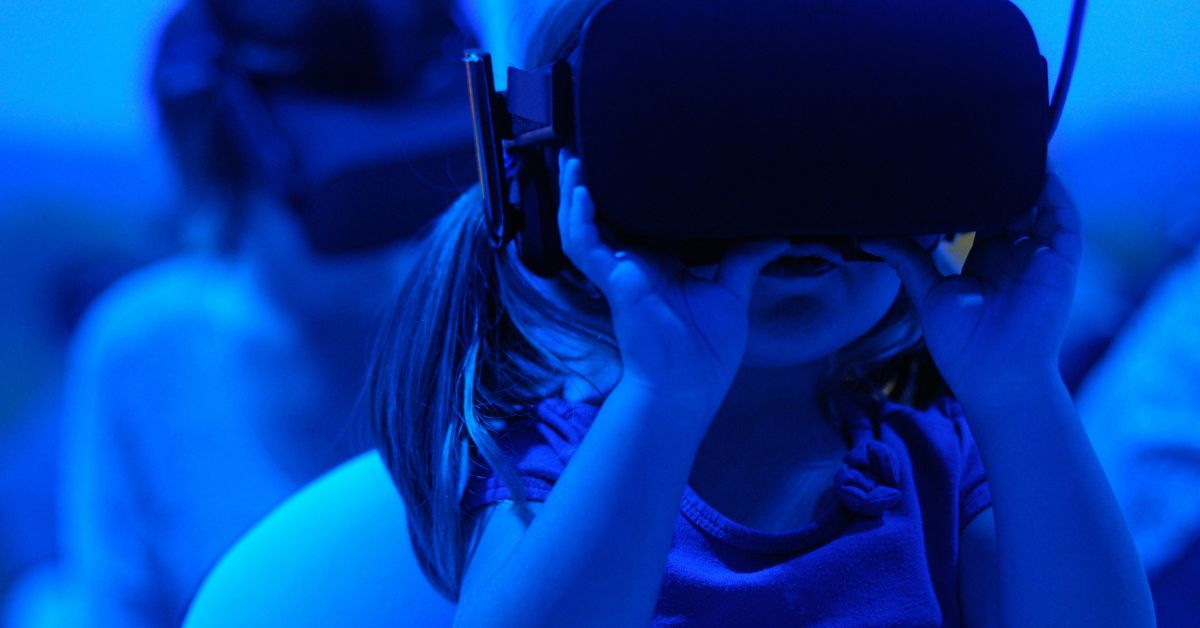By: Mark McCrindle
Generation Beta: The Beginning of a New Era
The year 2025 marks the beginning of a new generation, Generation Beta. Simply put, Generation Beta is defined as those born between 2025 and 2039.
- Generation Beta will be born from 2025 to 2039
- By 2035, they will make up 16% of the global population
- They will be the children of younger Gen Ys (millennials) and older Gen Zs
- Many will live to see the 22nd century
Why We Named Them Gen Beta
Generation Beta follows Generation Alpha (born 2010-2024). We named them Alpha and Beta to signify not just new generations, but the first generations that will be shaped by an entirely different world.
That is why we moved to the Greek alphabet, to signify how these different generations will be raised in a new world of technological integration.
We know that generational transitions are more than just chronological—they are defined by the events, technologies, and cultural shifts of their time. Generation Beta represents a pivotal chapter in our evolving world. But who will Generation Beta be, and what factors will shape their values, behaviours, and aspirations?
Shaped by a Tech-Saturated World
For Generation Beta, the digital and physical worlds will be seamless. While Generation Alpha has experienced the rise of smart technology and artificial intelligence, Generation Beta will live in an era where AI and automation are fully embedded in everyday life—from education and workplaces to healthcare and entertainment.
They will likely be the first generation to experience autonomous transportation at scale, wearable health technologies, and immersive virtual environments as standard aspects of daily life. Their formative years will be marked by a greater emphasis on personalisation—AI algorithms will tailor their learning, shopping, and social interactions in ways we can only begin to imagine today.
It is also worth noting that technology plays a dual role in modern-day parenting. On one hand, we have seen parents, notably Millennial parents, leverage technology as a tool for education, connection, and entertainment, integrating it seamlessly into their children’s lives from a young age. On the other hand, there is also a cautious awareness of the potential pitfalls of technology, prompting parents to balance screen time with outdoor activities and interpersonal interactions.
While many Millennial parents used social media to document their children’s lives, Generation Z knows more about both the positives and challenges that come with social media use from a young age. Gen Z parents are more likely to strongly agree that limiting their child’s screen time is a high priority for them (36% of Gen Z parents compared to 30% of older Millennial parents). As the most technologically savvy generation of parents, Gen Z see the benefits of technology and screen time, but equally they see the downsides and are pushing back on technology and the age at which their children access and engage with it.
Global population projections
Naming and Labelling Generations
Just as categorising generations comes from the domain of social science rather than popular culture, naming them is best done scientifically, using letters (such as X, Y, Z, and Alpha). Other approaches to naming generations, using terms such as “millennials,” often define a generation around a single event and have vague birth ranges, leading to subjective analysis.
A sociological approach to generational analysis, using set birth years and non-descriptive labels, allows for more objective analysis and individual identity creation. This trend is set to continue with upcoming generations like Generation Alpha (b. 2010-2024), Generation Beta (b. 2025-2039), Generation Gamma (b. 2040-2054), Generation Delta (b. 2055-2069), and so on. This standardised 15-year time span will enable future analysts to conduct more comprehensive analysis and global comparisons.
Raised in a Changing Society
Generation Beta will also inherit a world grappling with major societal challenges. With climate change, global population shifts, and rapid urbanisation at the forefront, sustainability will not just be a preference but an expectation. This generation will be raised by Millennial and older Gen Z parents, many of whom prioritise adaptability, equality, and eco-consciousness in their parenting.
This will result in Generation Beta being more globally minded, community-focused, and collaborative than ever before. Their upbringing will emphasise the importance of innovation not just for convenience, but for solving the pressing challenges of their time.
Connected Yet Individualised
Social connection will look different for Generation Beta. Born into a world of always-on technology, they will navigate friendships, education, and careers in an era where digital interaction is the default. However, curating their own digital identities with safety and wisdom (driven by their parents) will be a priority, as will helping them foster a strong sense of individuality—both in online and offline environments.
We predict Generation Beta will embody the balance between hyper-connectivity and personal expression. They’ll redefine what it means to belong, blending in-person relationships with global digital communities.
Looking Ahead
Generation Beta represents the dawn of a new era. They will grow up in a world shaped by breakthroughs in technology, evolving social norms, and an increasing focus on sustainability and global citizenship. Understanding their needs, values, and preferences will be critical as we anticipate how they will shape the future of society.
As always, understanding the next generation is the key to shaping a better future.
Article supplied with thanks to McCrindle.
Featured Image – Photo by Giu Vicente on Unsplash
About the Author: McCrindle are a team of researchers and communications specialists who discover insights, and tell the story of Australians – what we do, and who we are.

